As dog owners, we all want the best for our furry companions. But even with the best intentions, there are common mistakes many people make that can negatively affect their dog’s health, happiness, or behavior. Some of these actions seem harmless, or even loving, but may actually be causing harm. Here are 10 ways you might be accidentally hurting your dog without realizing it.
Using the Wrong Collar or Harness
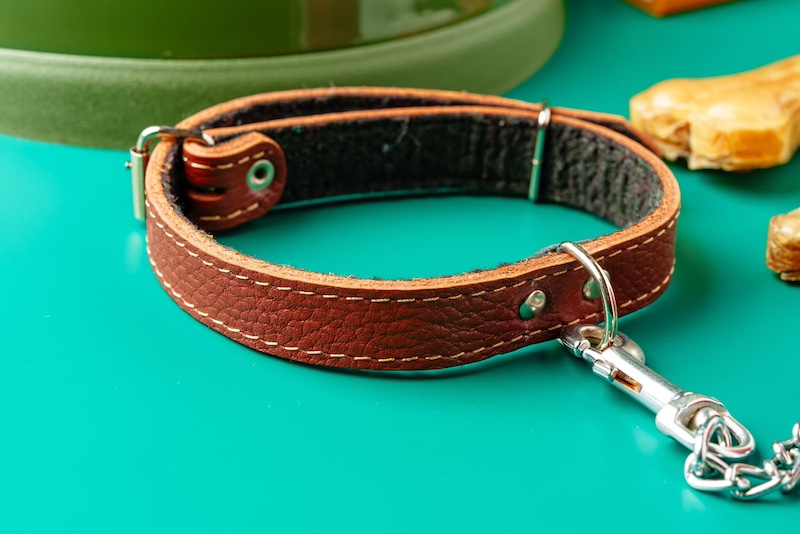
The wrong collar or harness can injure your dog’s neck, spine, or throat. Prong collars and choke chains may cause pain or long-term damage. Choose a well-fitted harness or flat collar designed for your dog’s size, breed, and walking habits.
Skipping Regular Vet Visits

Dogs often hide pain, so routine vet visits are essential for catching health issues early. Skipping checkups can let problems go unnoticed until they’re severe. Preventive care, vaccinations, and regular screenings help keep your dog healthy and detect issues before they escalate.
Feeding Table Scraps or the Wrong Foods

Many common foods are toxic to dogs, including chocolate, grapes, onions, and anything with xylitol. Even fatty or salty foods can upset their digestive system. Stick to a vet-approved diet, and resist the urge to share your dinner—even if they beg.
Not Providing Enough Mental Stimulation
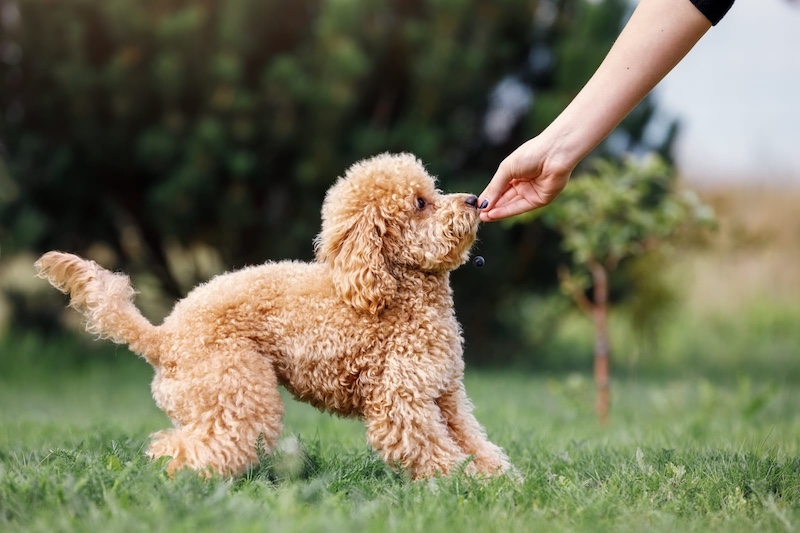
Dogs need mental exercise as much as physical. Without stimulation, they can become bored, anxious, or destructive. Training sessions, puzzle toys, and games that engage their senses can prevent behavioral problems and keep their minds active and healthy.
Skipping Daily Walks
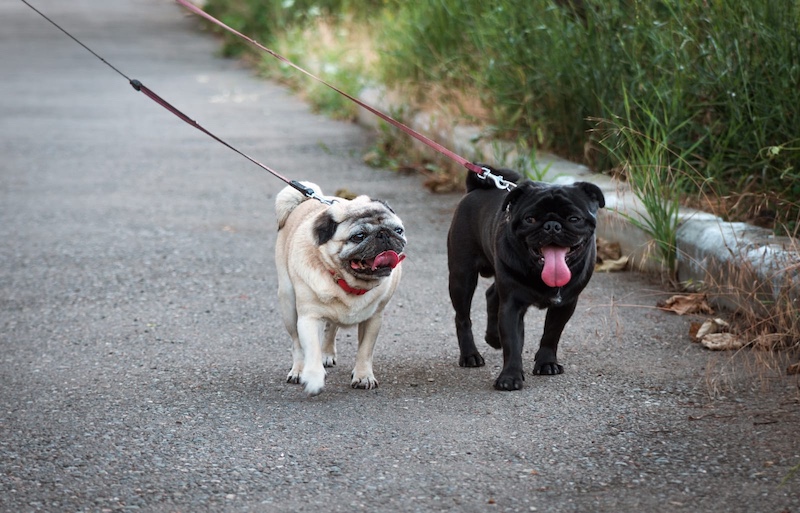
Letting your dog into the backyard isn’t a substitute for a walk. Walks offer exercise, enrichment, and a chance to explore the world. Without them, dogs can develop anxiety, gain weight, or become reactive. Daily walks support both physical and emotional health.
Yelling or Using Harsh Punishment
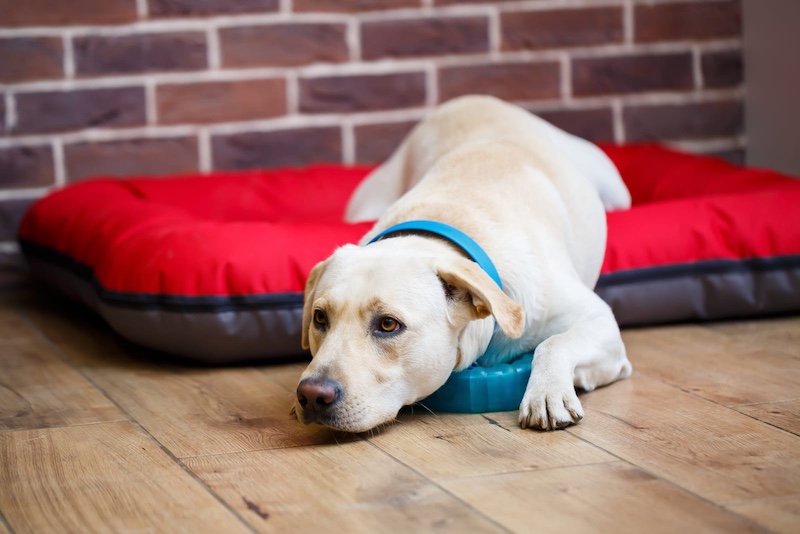
Yelling, hitting, or using fear-based punishment damages your relationship with your dog. These tactics can lead to anxiety, mistrust, or even aggression. Instead, use positive reinforcement to reward desired behaviors and redirect unwanted ones. It builds confidence and trust.
Leaving Them Alone Too Long
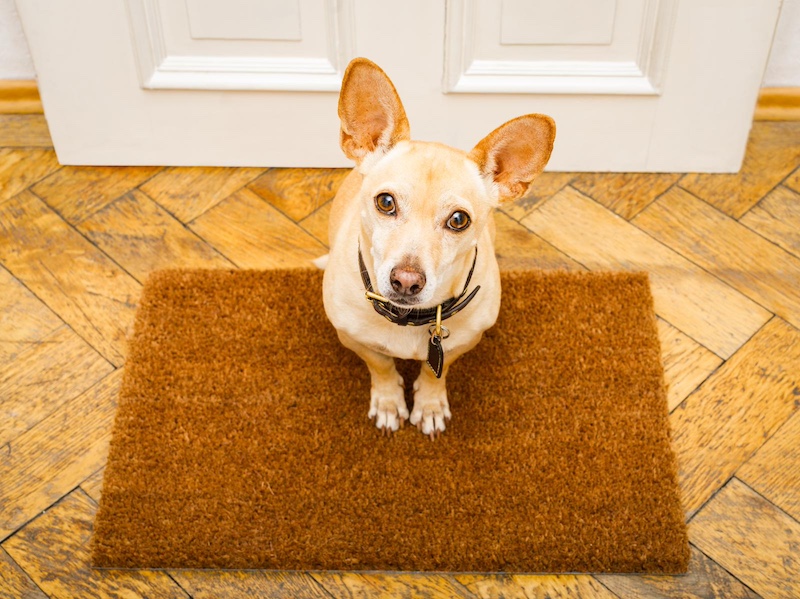
Dogs are social animals and need interaction. Leaving them alone for long periods can cause separation anxiety, destructive behavior, and loneliness. If you’re often away, consider a dog walker, pet sitter, or doggy daycare to help meet their social needs.
Ignoring Signs of Stress or Pain
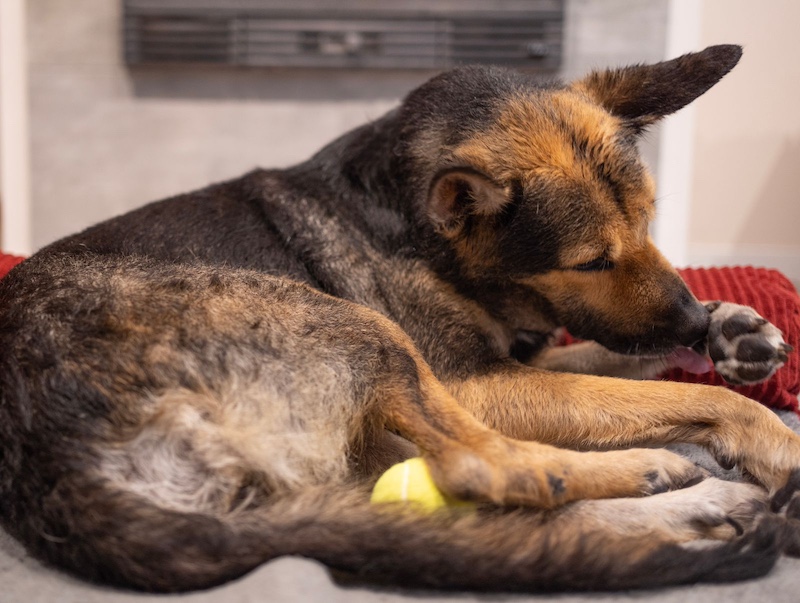
Dogs express discomfort subtly—through changes in behavior, posture, appetite, or energy. Ignoring these signs can prolong suffering and worsen conditions. Watch for anything unusual, and consult your vet if your dog seems off. Early intervention can make a big difference.
Not Training or Socializing Them Properly
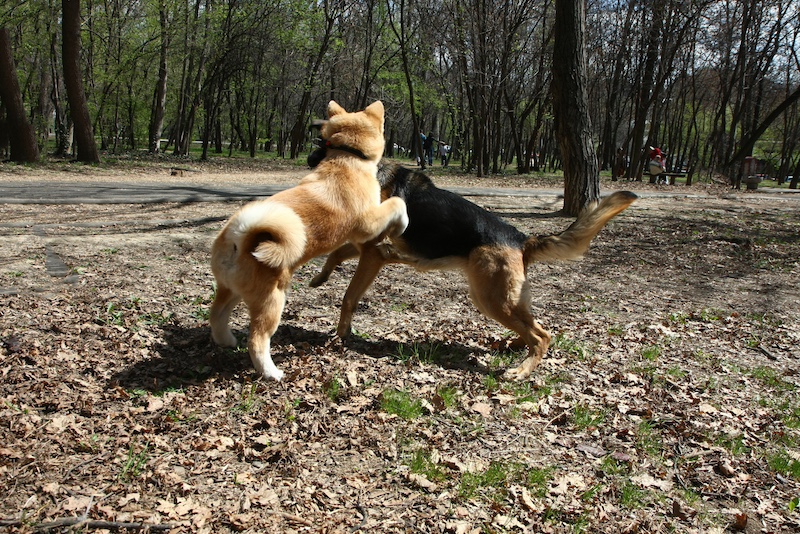
Without training and socialization, dogs may become fearful or reactive. Exposure to different people, animals, and environments helps them feel confident and safe. Use positive methods to teach good behavior and support them through new or stressful experiences gradually.
Letting Them Get Overweight

Extra weight shortens a dog’s lifespan and increases their risk for arthritis, diabetes, and heart disease. Overfeeding and under-exercising are common mistakes. Stick to proper portion sizes, limit treats, and ensure your dog gets daily activity to maintain a healthy weight.
- Please Note: This content was created with the assistance of AI and thoroughly edited by a human before publishing.

